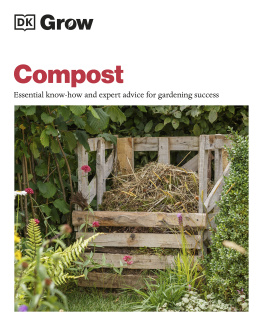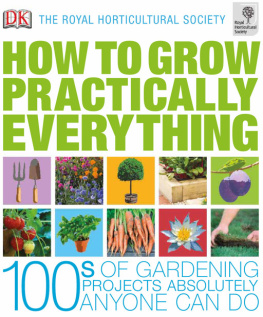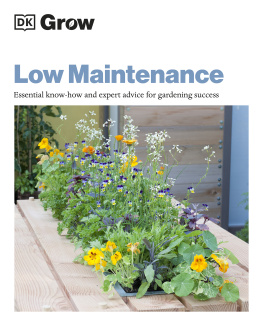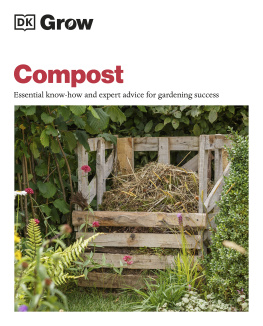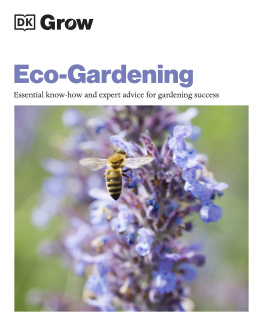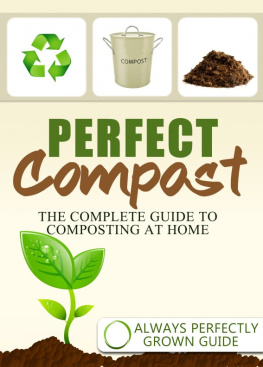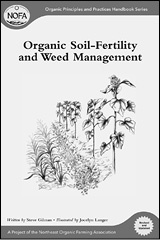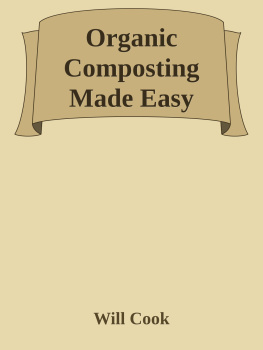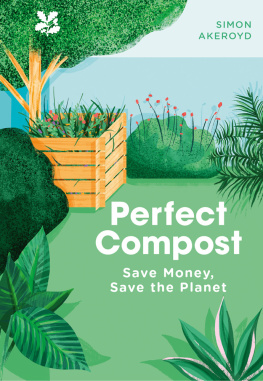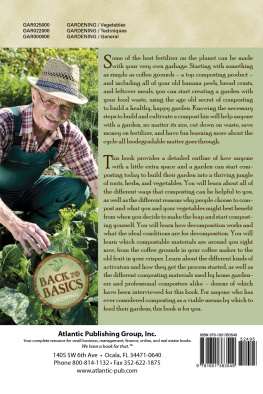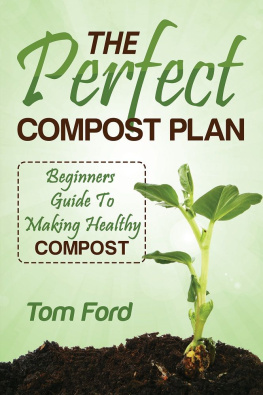Zia Allaway - DK - Grow Compost
Here you can read online Zia Allaway - DK - Grow Compost full text of the book (entire story) in english for free. Download pdf and epub, get meaning, cover and reviews about this ebook. year: 2021, publisher: DK Publishing, genre: Children. Description of the work, (preface) as well as reviews are available. Best literature library LitArk.com created for fans of good reading and offers a wide selection of genres:
Romance novel
Science fiction
Adventure
Detective
Science
History
Home and family
Prose
Art
Politics
Computer
Non-fiction
Religion
Business
Children
Humor
Choose a favorite category and find really read worthwhile books. Enjoy immersion in the world of imagination, feel the emotions of the characters or learn something new for yourself, make an fascinating discovery.
- Book:DK - Grow Compost
- Author:
- Publisher:DK Publishing
- Genre:
- Year:2021
- Rating:3 / 5
- Favourites:Add to favourites
- Your mark:
- 60
- 1
- 2
- 3
- 4
- 5
DK - Grow Compost: summary, description and annotation
We offer to read an annotation, description, summary or preface (depends on what the author of the book "DK - Grow Compost" wrote himself). If you haven't found the necessary information about the book — write in the comments, we will try to find it.
DK - Grow Compost — read online for free the complete book (whole text) full work
Below is the text of the book, divided by pages. System saving the place of the last page read, allows you to conveniently read the book "DK - Grow Compost" online for free, without having to search again every time where you left off. Put a bookmark, and you can go to the page where you finished reading at any time.
Font size:
Interval:
Bookmark:
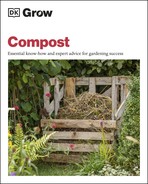


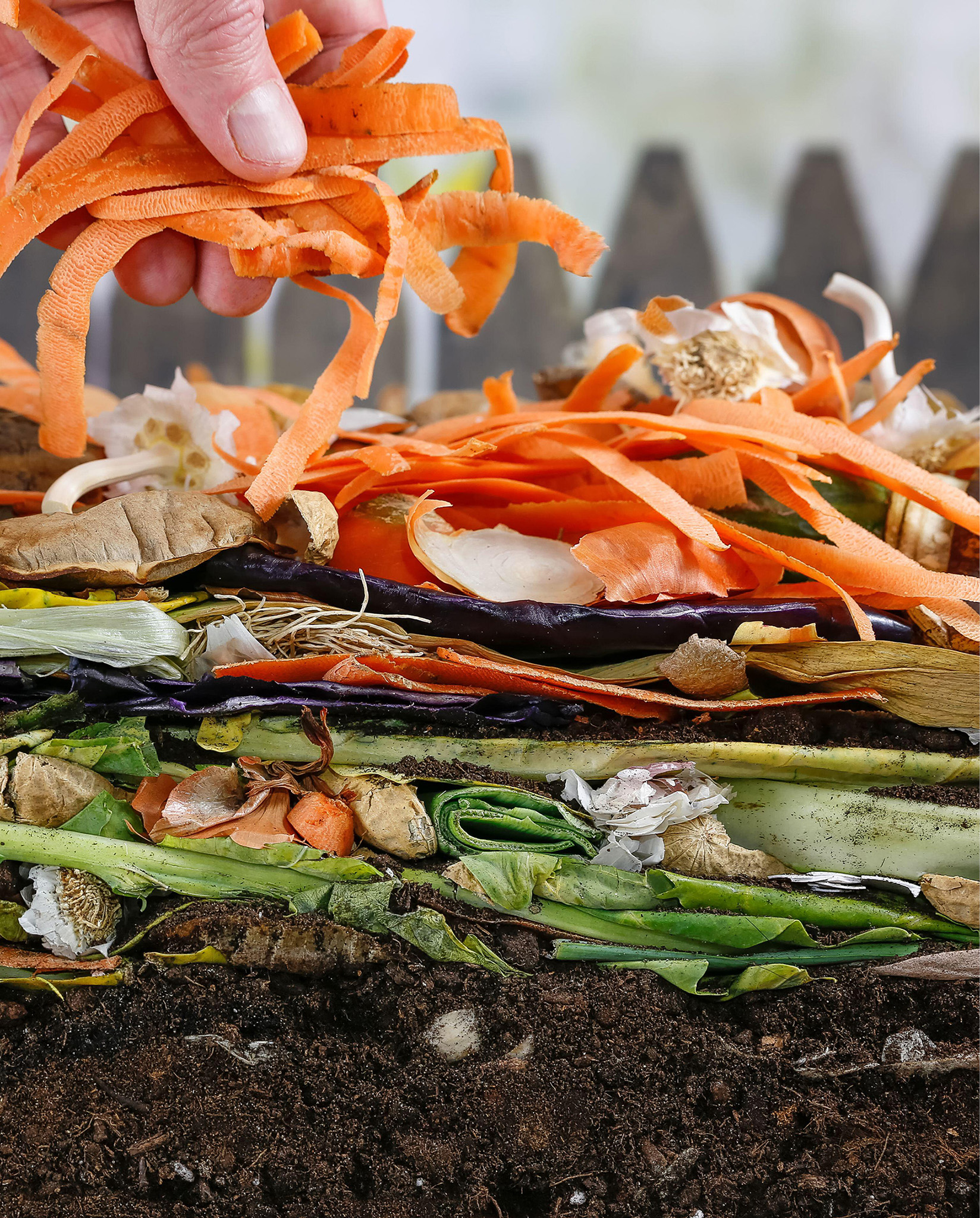
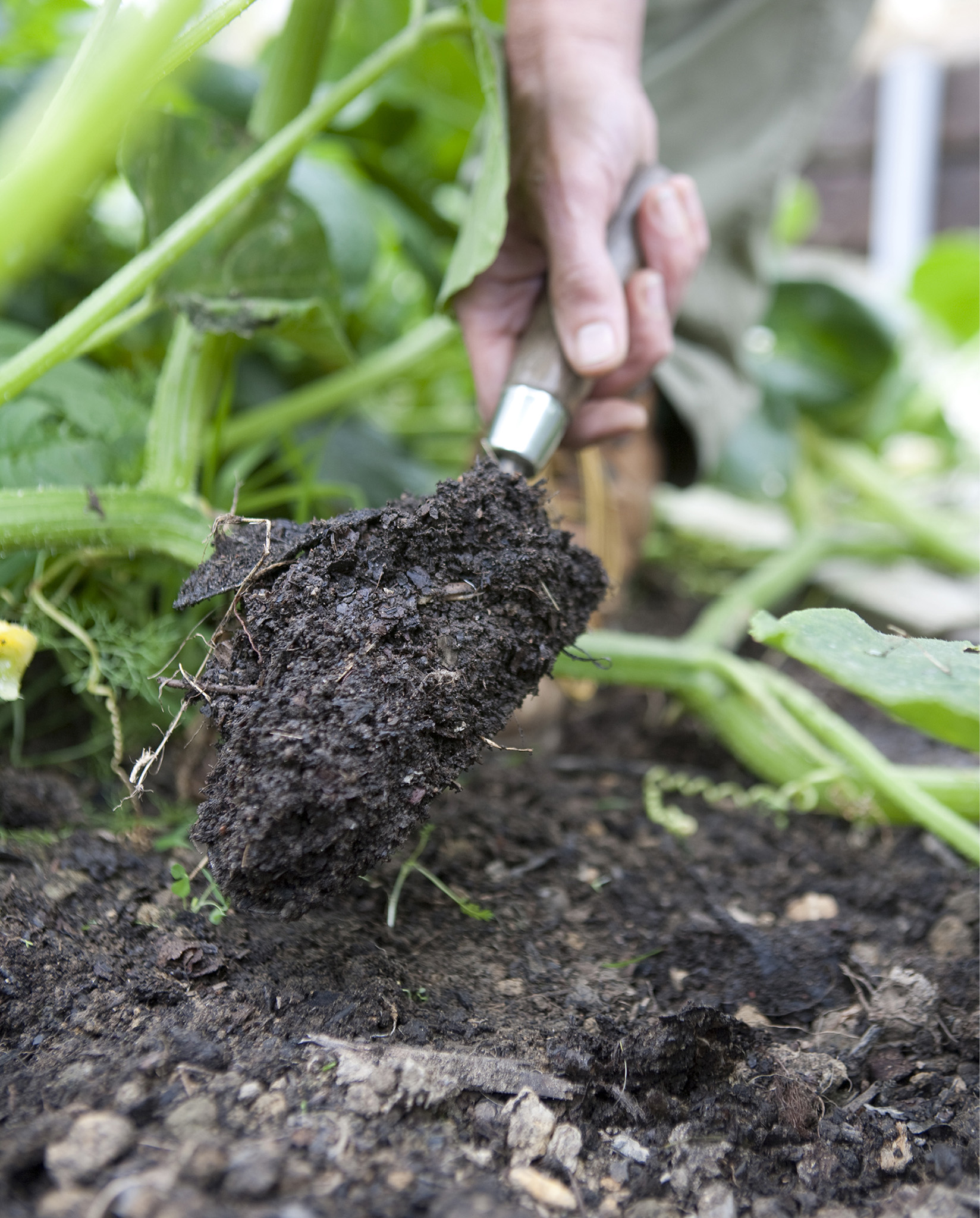
Preferred application settings
For the best reading experience, the following application settings are recommended:
- Orientation: Portrait
- Color theme: White background
- Scrolling view: [OFF]
- Text alignment: Auto-justification [OFF](if the eBook reader has this feature)
- Auto-hyphenation: [OFF](if the eBook reader has this feature)
- Font style: Publisher default setting [ON](if the eBook reader has this feature)
g
Making compost at home is an eco-friendly way of using kitchen and plant waste to create what many gardeners refer to as black gold because of the wealth of benefits it offers. The main function of compost is to condition the soil, improving drainage on heavy clays while enabling sandy soils to retain more moisture. It also contains essential nutrients and encourages worm activity, helping to increase soil fertility and feed plants slowly as the organic matter breaks down. These rewards are combined with benefits to the wider environment, such as reducing landfill and other forms of pollution.
Why Compost? | CONTENTS
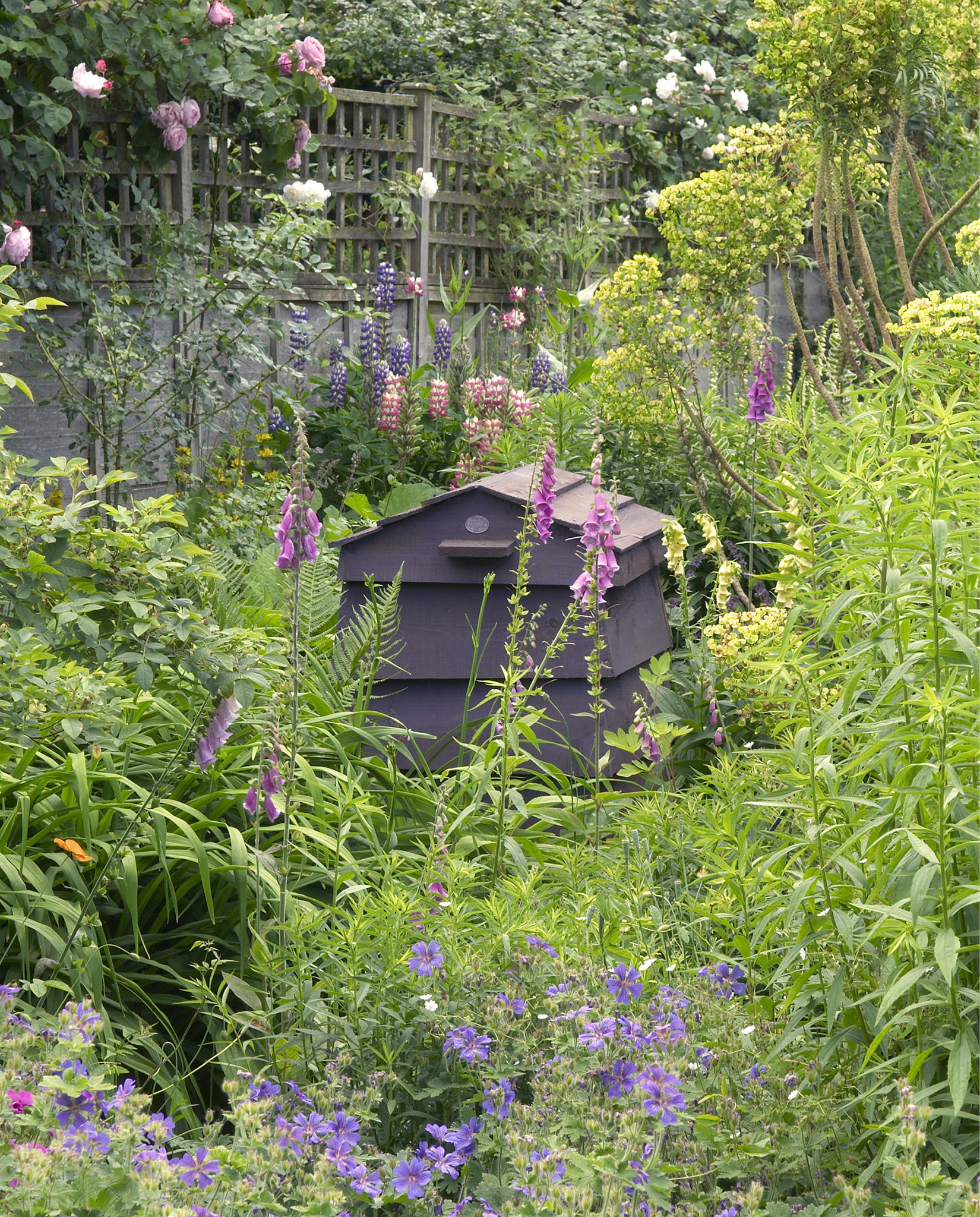
Compost recycles the nutrients and microorganisms in your kitchen scraps and garden waste, then returns them to the soil, boosting the performance of your ornamental plants and productive crops.
g
Seasoned gardeners know that if you create a healthy soil, your plants will look after themselves, and nothing does this job better than homemade compost. Although it contains low levels of nutrients compared to many artificial fertilizers, compost delivers its benefits over a long period, which is good for your plants and for the environment. It also conditions the soil, so that it holds water and drains well, too. In addition, composting helps to lower your carbon footprint by using free waste materials that you would normally put in the recycling bin or throw away.
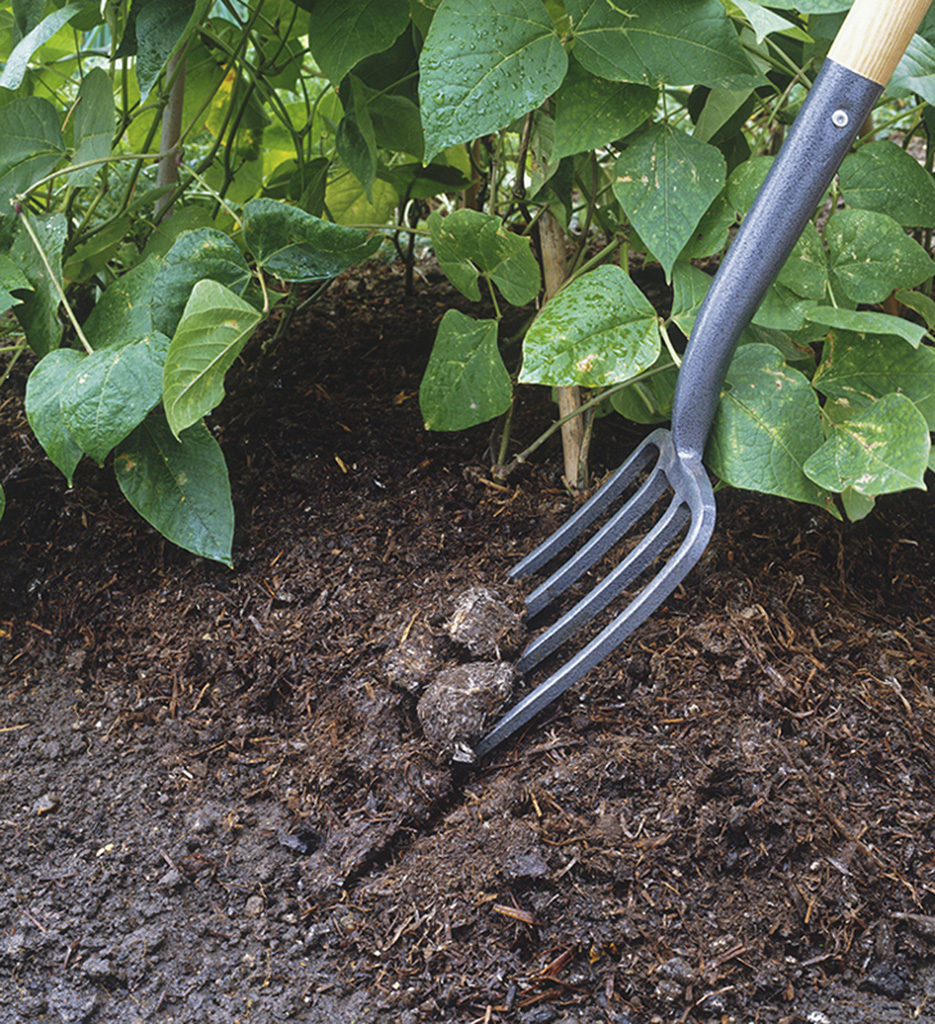
Composting at home produces a free soil conditioner and slow-release plant food with a negligible carbon footprint.
Some local authorities regularly collect garden and kitchen waste, which they process on a large scale to produce compost for the agricultural and landscaping industries and for home gardeners. However, giving away your green waste for others to recycle means that you are losing out on this valuable resource, which is easy to make at home using similar techniques on a smaller scale. Recycling your kitchen and garden waste also saves you the cost of buying soil conditioners and fertilizers, and minimizes your carbon footprint since it requires no transportation or industrial processing. Put simply, it is a win-win option.
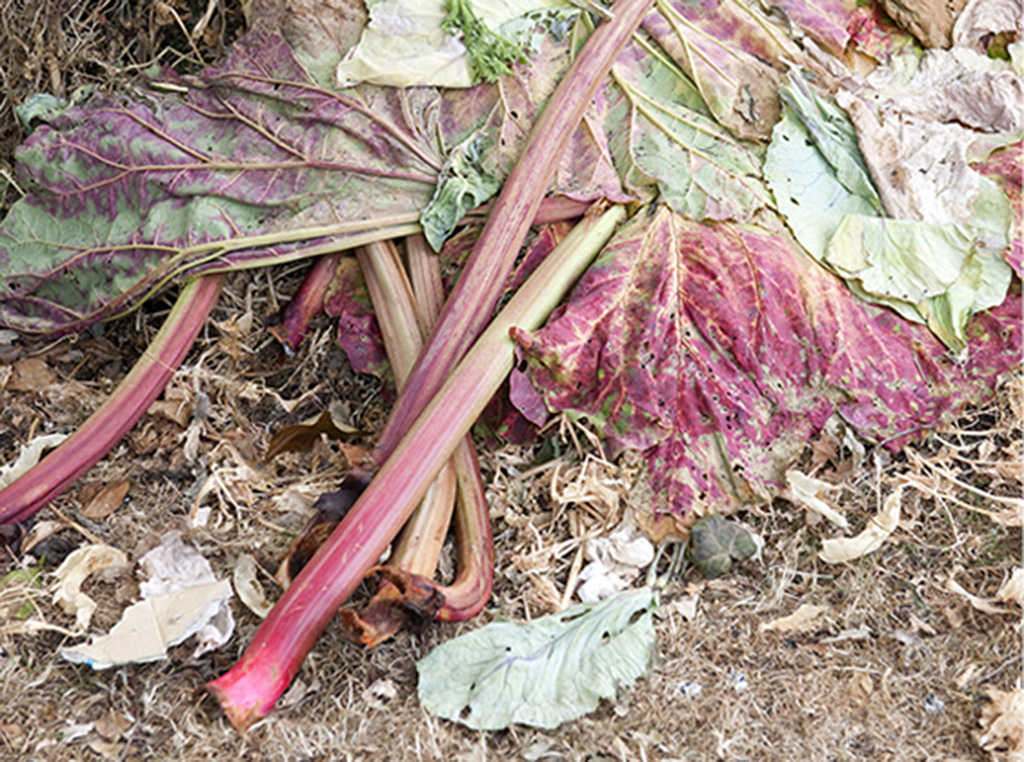
Transform your kitchen scraps and garden waste into compost for use on all areas of the garden.
The compost you make in your garden is an invaluable soil conditioner. It improves the structure of the soil so that it retains more moisture, air, and plant nutrients, while also allowing excess water to drain away, thereby preventing waterlogging. When spread over the surface of clay soils it also stops hard, impermeable crusts from forming, which can cause runoff and flooding during storms. The way in which these ideal soil conditions are created is complex, but in essence it is due to the organic matter, fungi, and bacteria found in compost, which glue together the particles so that they are of an optimum size for healthy plant growth. Worms and other invertebrates that live in the soil and feed on compost also play a part in improving its structure and making it more fertile. Their tunneling creates airways and passageways for water to pass through, while their feces are rich in plant nutrients.
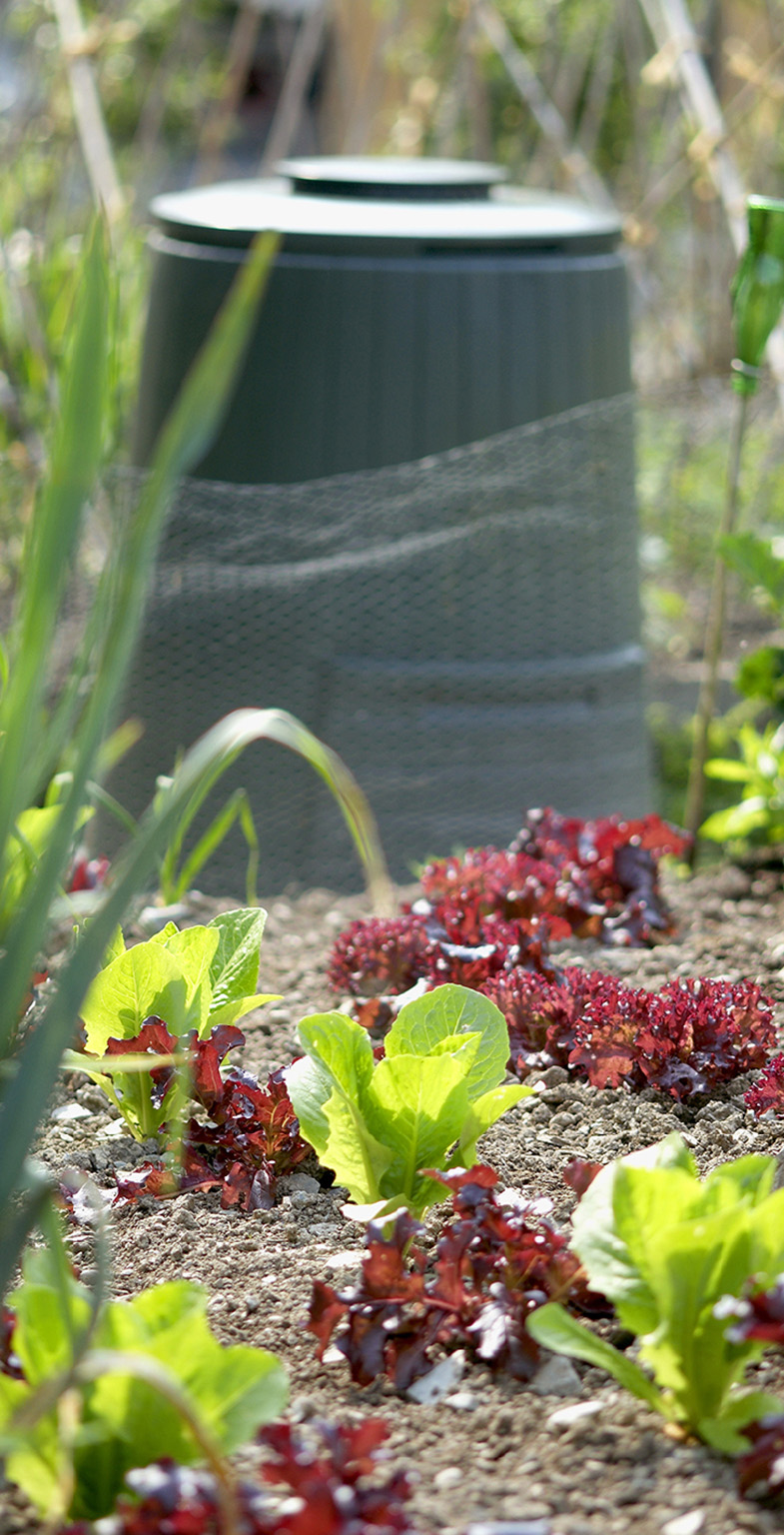
Compost contains organic matter and microbes that glue soil particles together to create the perfect growing conditions.
The plants and green kitchen waste that you add to a compost heap are made up of various chemical elements, such as carbon, nitrogen, phosphorus, and potassium, which are released into the mix during the composting process. When compost is then applied to the soil, these essential nutrients, which sustain growth, flowering, and fruiting, become available for plants to useand because the decomposition process continues after the compost is in the soil, nutrients are released and delivered to plants over a long period, rather than in one hit, as is the case with most synthetic fertilizers.
are responsible for breaking down the organic matter into its chemical components, while another type of fungi known as mycorrhizae, which live on and in roots, help to transfer these nutrients to the plants. The good soil structure created by compost also ensures that the chemicals are not washed away, thereby helping nature to recycle them from one generation of plants to the next.
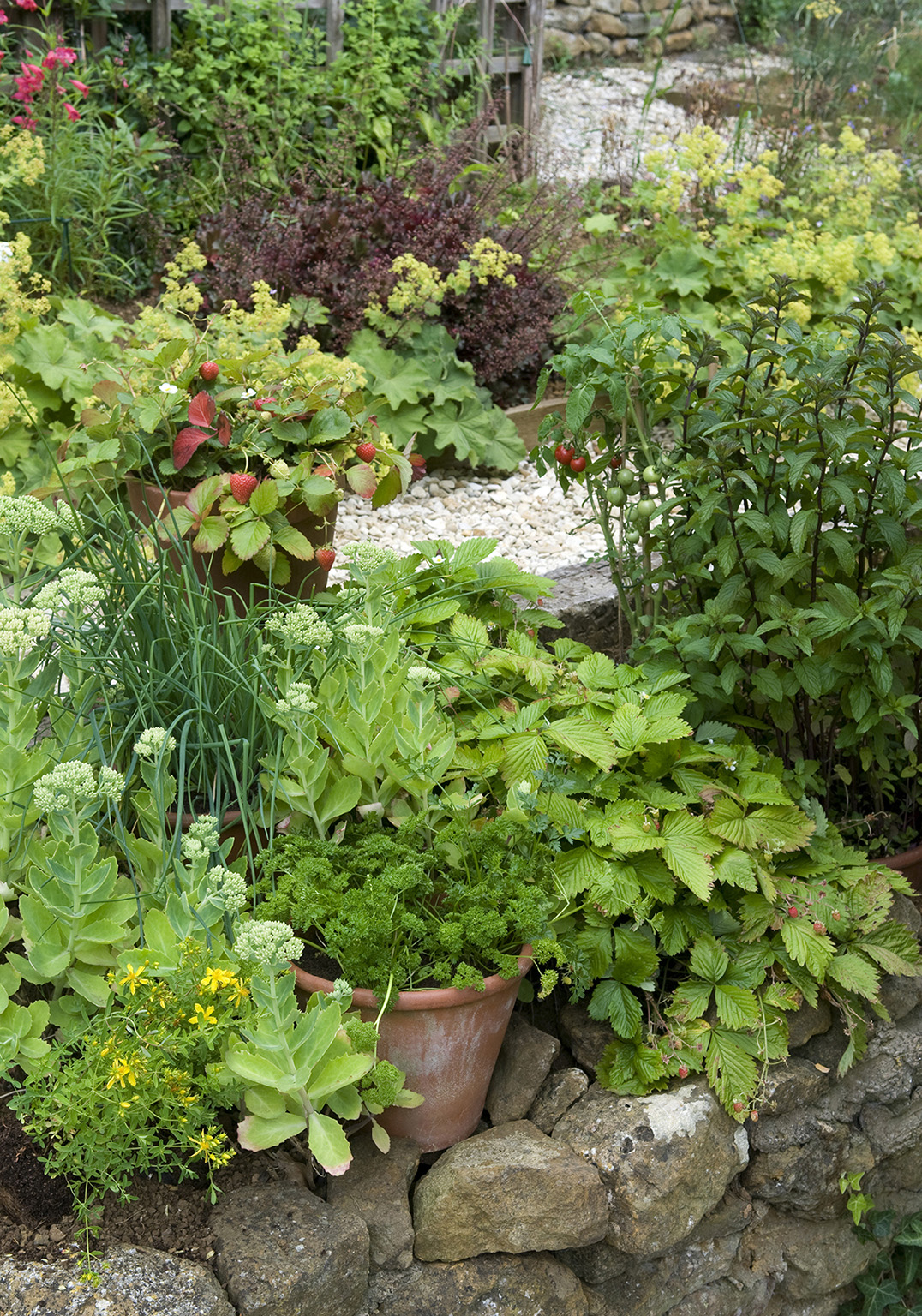
Annual applications of compost will enrich the soil with essential nutrients to keep garden and potted plants healthy.
Compost is often used to help keep weeds at bay. Applying a thick layer over the soil surface, known as a mulch, excludes light and prevents weed seeds beneath it from germinating. Seeds that fall on to this mulch layer will germinate, but its loose structure makes them easy to pull out or hoe off. In addition, compost aids plant growth, and strong leafy canopies will also restrict weeds by shading the soil and using up the nutrients they need to thrive.
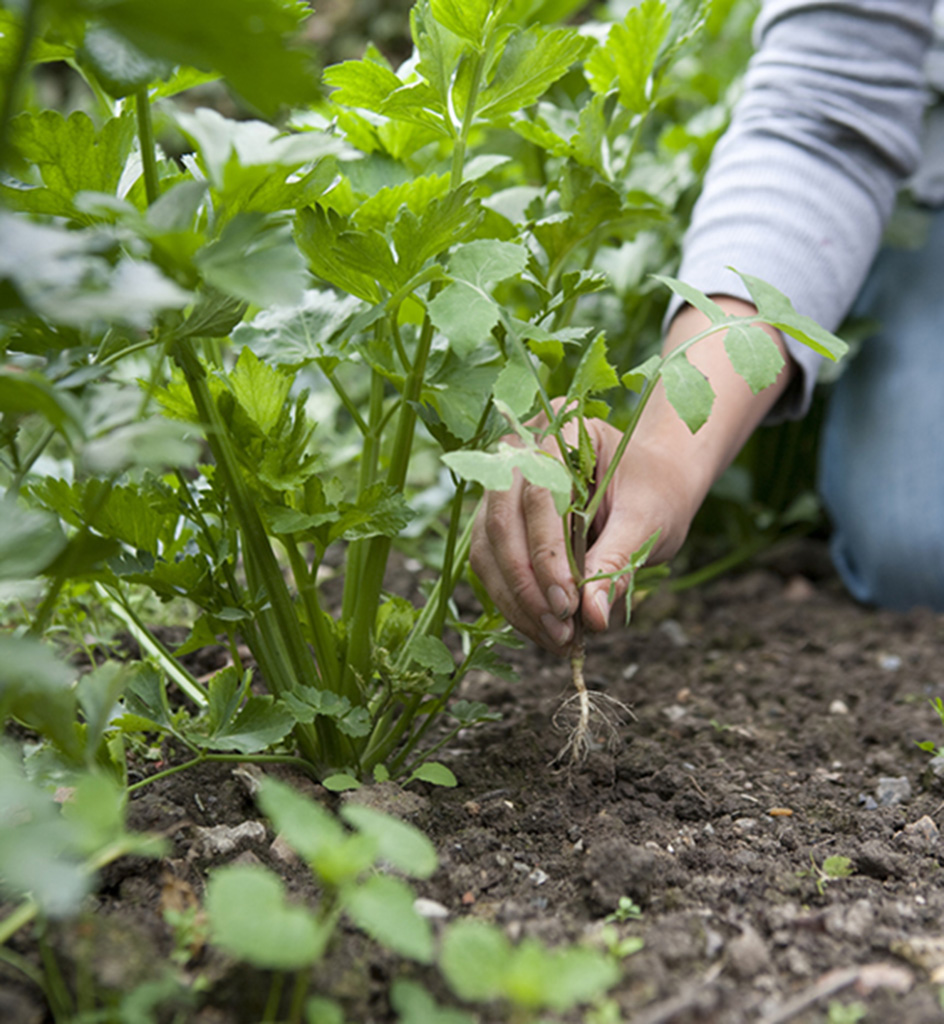
Weeds that germinate in a compost mulch are easy to remove by hand.
Why Compost? | WHY MAKE COMPOST?
Busy people may think that making compost will take up too much time and energy. This may be true if you want a fast turnaroundsome methods will produce usable compost within two or three monthsbut there are many techniques to choose from and some require very little effort ( see ). The compost may take longer to produce, but remember that all organic matter will break down eventually, with no human intervention at all.
Font size:
Interval:
Bookmark:
Similar books «DK - Grow Compost»
Look at similar books to DK - Grow Compost. We have selected literature similar in name and meaning in the hope of providing readers with more options to find new, interesting, not yet read works.
Discussion, reviews of the book DK - Grow Compost and just readers' own opinions. Leave your comments, write what you think about the work, its meaning or the main characters. Specify what exactly you liked and what you didn't like, and why you think so.

